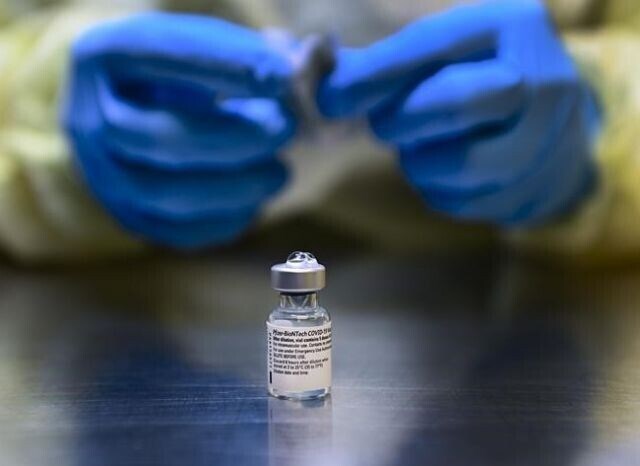I discovered this week a new meaning for vaccine hesitancy.
At the close of my virtual visits, after managing my patients’ medical problems, I’ll ask if they’ve received their COVID-19 vaccines.
The response is almost always immediate and positive: “Yes! I’m fully vaccinated!” and “I’m getting my second dose on Saturday!”
But with a few, there is a pause – the momentary silence of hesitancy. “No … I’m waiting for now.”
Some are anxious about potential side effects. These have already been well documented and, at this time, the very rare risks are far outweighed by the current high risk for COVID-19 complications in the unvaccinated.
Some think the mRNA vaccines were rushed and not up to the safety standards required of established non-COVID-19 vaccines. This is not the case. Health Canada has taken the time to ensure that the approved vaccines have sufficient efficacy and safety data.
Some are waiting for the pandemic to end, hoping they can hold out until then, but that time is not coming soon - the risk to the unvaccinated of serious COVID-19 infections will continue to increase as public health restrictions are relaxed and variants spread throughout our community.
In some situations, people are being told that it isn’t proper COVID-19 etiquette to ask another if they are vaccinated and what vaccine they received. I have to ask as I am my patients’ family physician – their advocate and partner in health.
Asking another about vaccination status is sometimes seen as taboo – like talking about religion and politics; don’t ask if you’re not prepared for a heated discussion.
You should ask your friends if you are planning to meet to share a meal, dessert or drink indoors. If you are planning a social gathering, you have an obligation to protect your family and guests. Employers also have a responsibility to protect their employees, clients, patients or customers.
That’s my professional opinion now and it will change as our pandemic situation evolves and new information becomes available.
In novel and dynamic situations like this, we must keep our minds open to reliable, new information and not commit prematurely to an unchanging opinion.
I’m concerned that some have shut down their decision-making process by committing to not vaccinate in spite of growing evidence in favour of taking their shots. The most extreme hold onto their opinions with religious fervour.
Psychologist Adam Grant in his new book Think Again provides relevant advice on making good decisions and being open to changing our minds.
We would all do well to think like scientists who continually challenge their hypotheses and beliefs by seeking out conflicting information. Most people prefer echo chambers that reinforce their beliefs, and we are all prone to the thinking trap of the confirmation bias; we focus on information that confirms what we already believe and disregard refuting evidence.
The key to continuous learning and growth is to maintain the beginner’s mind. The seasoned physicians who continue to make the best decisions are continuous learners who are always open to new information.
Common sense would lead us to believe that confidence increases in proportion to our learning and skill development, but the reality is the Dunning-Kruger curve. When we are learning a new skill or new to an area of knowledge, our confidence initially rises to the point of overconfidence. If we continue to learn, our confidence then takes a dip when we realize how little we know, and then more slowly rises in proportion to our true knowledge and skill.
As we move through life – through the pandemic and beyond - we should each maintain that beginner’s mind, challenge instead of cherish our opinions, be open to new and evolving information, and even seek out contrary points of view.
Dr. Davidicus Wong is a family physician. His Healthwise Column appears regularly in this paper. For more on achieving your positive potential in health, read his blog at davidicuswong.wordpress.com.



